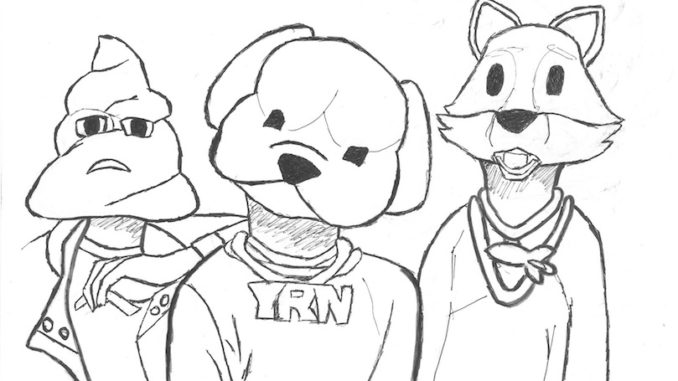
By Lluvia Meyreles
Selling products by using art has long been the norm in marketing. Art can reach a large audience and companies want to tap into that. Recently, Apple launched their Animoji advertisements using the songs of two Grammy-nominated artists: Migos and Childish Gambino. Using these songs in their ad allows them to reach the audiences of these artists, which is something they may have been struggling with. When companies choose to include certain songs in their commercials, it is a deliberate attempt to reach a specific audience. They are not the first company to use the music industry as a marketing tool. Pepsi has done it, Coca-Cola has done it, Microsoft has done it. It is old news at this point, but does that make it okay?
Many artists tend to roll their eyes at other artists who cut endorsement deals because it takes away their artistic integrity.
“They’ve taken the music of my generation, and all this music I treasured so much and they’ve associated it entirely with selling and I actually really deeply resent it,” Paul Simon of Simon and Garfunkel said in an interview with David Letterman. “The fact that the culture is co-opted and made to be entirely about money, that’s what I resent most of all.” The sentiment has remained throughout the years and a lot of artists still feel like putting their name on a product is compromising to their integrity.
“I don’t want my name anywhere near another brand,” multi-platinum singer and songwriter Adele said. “I don’t want to be tainted or haunted.” But, music sales aren’t what they used to be: Muso, a global tech company focused on anti piracy, registered that in 2016 there were over 20 billion total visits to piracy sites in the US. With so many people listening to music illegally, it is understandable that artists might turn to advertisements for bigger profits.
It’s not just the artists that are turning to advertisements for a profit. Big companies like Apple need bands like Migos in their ads. Migos is leading the world of trap music and hip hop. The 630 million views they have on YouTube for their song “Bad and Boujee” shows their cultural relevance. Marketing efforts have changed and relevancy is more important than ever. When Harry McCracken posted a video to Twitter using the Animoji fox to sing “Bohemian Rhapsody,” he created a new trend referred to as “Animoji Karaoke,” and Apple saw an opportunity.
Where do we draw the line between the importance of authenticity and profitable advertising? The fox singing “Bohemian Rhapsody” was a success, but is the dog singing “Stir Fry” any different? The effect music has on us changes when we hear it used in an ad. We just do not treat them with the same respect anymore. In an interview with NME Magazine, Quavo, one of three members of Migos, spoke of the group’s music, saying it “defines a new generation, a new sound of music, new change, a diversity of fans, all in one party, one event and they all share good-ass music.” Trap and hip hop music are leading in both the charts and their influence, but does a song like “Stir Fry” lose all meaning when put in an Apple ad? It is hard to think that Migos can define a new generation by using their music in advertisements. Associating their music with mass consumerism cannot be an effective way to make a cultural impact. If anything, they are conforming, not setting themselves apart.
A big part of being an artist is having something to say; their work conveys a worldview that is personal to them. Art is not meant to be created to sell products but to convey meaning. People would much rather have an artist struggle to make it than to have them sell out. Some would say that big brands are actually giving artists a platform to expand their audience, but the reason companies choose artists like Migos is that they are already reaching large groups of people. Companies want to tap into their own market and not vice versa. There does not seem to be a justification on the part of the artist to allow their music to go from art to advertisement. How can we trust artists like Migos when they tell us that they are here to define our generation, but then go and use their art to sell ads? Artists using their music as a marketing gimmick is a betrayal to both their message and their artists. This shift towards consumerism is not the way artists like Migos define generations. The only thing an artist can look to define when using their music in advertising is profit.
Subscribe to the Mossy Log Newsletter
Stay up to date with the goings-on at Lewis & Clark! Get the top stories or your favorite section delivered to your inbox whenever we release a new issue.

Leave a Reply